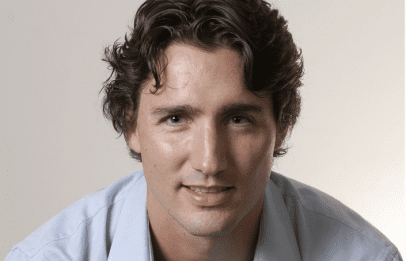
Is it okay to objectify Trudeau?
As the world got to know Canada’s new prime minister last week, exclamations over Justin Trudeau’s hotness drowned out all other voices (with one tweeter famously calling him “Canada’s first edible prime minister.”) But is it okay to admire a head of state for his looks? At the Huffington Post, Lauren Messervey says the objectification aimed at Trudeau would be seen as outrageous if directed at a woman, and displays a societal double standard. At Rabble, however, Elizabeth Pickett and Meghan Murphy argue that male social power means Trudeau will never be hurt by objectification the same way as a woman would.
Russia could ban coming out
The Russian parliament is considering a bill that would criminalize the very act of coming out publicly as gay, or “making a public confession of their non-traditional sexual orientation.” The bill would be an amendment to Russia’s notorious gay propaganda law.
Could polyandry and gay marriage solve China’s problems?
A prominent Chinese economics professor says that gay marriage and polyandry could help fix China’s gender imbalance problem. China is struggling with an excess of 30 million men, caused by a historical cultural preference for male children. Professor Xie Zuoshi says if some of those men married each other, or two men married one woman, it would ameliorate the problem.
Read more at Want China Times.
Clinton bends history to defend gay rights record
US presidential contender Hillary Clinton defended her vote for the 1996 Defense of Marriage Act in an interview by saying it was a “defensive measure” to prevent an even worse constitutional amendment from harming gay rights. Gay activists who worked against DOMA, however, say Clinton’s history is plain wrong, as does her main opponent Bernie Sanders.
England’s gay history is disappearing
According to heritage preservation society Historic England, many of the country’s gay landmarks are disappearing, giving way to online hookup apps and straight bars. “The places where gay, lesbian and trans people used to meet were often illegal. They were hidden. You had to go up a secret passage and knock on a door,” said one historian. “That stuff is very easily lost and forgotten but actually these were the sorts of places that were pioneering in terms of politics, art, culture, music, fashion.”


 Why you can trust Xtra
Why you can trust Xtra


